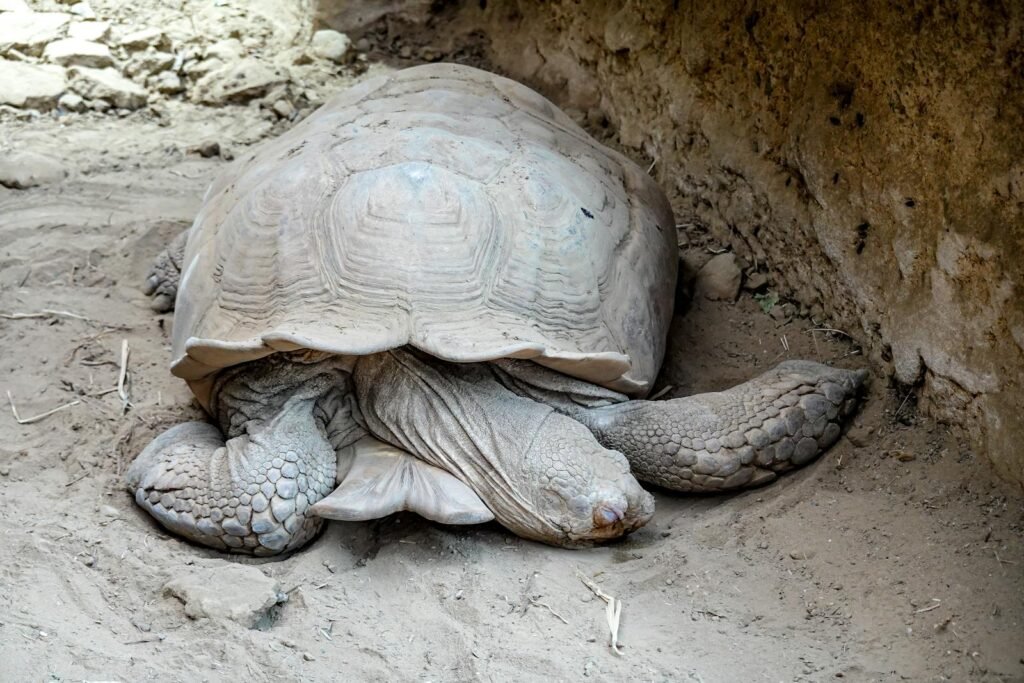Imagine standing in the shade of a giant acacia tree, the African sun filtering through the leaves, and watching a herd of elephants gather around the remains of one of their own. The air is heavy with something more than heat—there is a palpable sense of grief, a hush that seems to ripple through these massive creatures as they reach out with their trunks, touching, caressing, lingering. It’s a scene so moving and so mysterious that it leaves even the most seasoned wildlife observers spellbound. Why do elephants mourn their dead? And what does this reveal about the depths of animal emotion?
The Heartbreaking Rituals of Elephant Mourning
Elephants are renowned for their poignant and elaborate mourning rituals when a member of their herd dies. These rituals can last for hours or even days, with family members gathering around the body, touching it gently with their trunks and feet. Some elephants are seen swaying back and forth, while others emit deep, rumbling sounds that seem to express sorrow. Younger elephants often stand quietly nearby, as if sensing the gravity of the moment. In many observed cases, elephants have returned to the remains of their companions long after the bones have been bleached by the sun, suggesting a memory and sense of loss that lingers. These moments aren’t fleeting—they reflect a social bond that survives even death.
Recognition and Remembrance: Elephants Never Forget
One of the most remarkable aspects of elephant mourning is their ability to recognize the remains of their dead, even after considerable time has passed. Elephants have been documented inspecting bones, particularly skulls and tusks, with an almost reverential care, even years after the individual died. This behavior is rarely extended to the remains of other species, indicating a deep awareness of kinship. Some scientists believe that elephants’ exceptional memory plays a key role here, allowing them to recall the specific identity of a fallen herd member. This sense of remembrance points to a level of cognitive sophistication that blurs the lines between animal and human experience.
Social Bonds That Transcend Life
Elephants are intensely social animals, living in complex matriarchal societies where each member plays a unique role. The death of an elephant doesn’t just impact its immediate family—it ripples through the entire group, causing visible changes in behavior and social structure. Herds have been observed standing vigil over fallen companions, sometimes refusing to leave the body for days. Matriarchs, the female leaders, are especially affected by the loss of close relatives, sometimes appearing withdrawn or subdued. This collective mourning underscores how social bonds among elephants are not just practical—they are deeply emotional and enduring.
Signs of Grief: More Than Just Instinct
The gestures of elephants at sites of death go far beyond mere curiosity or instinct. Elephants have been seen trying to lift the bodies of their dead, covering them with dirt and branches, or gently nudging them as if urging them to rise. Some elephants even shed tears, a phenomenon that has stirred debate among scientists but is widely reported by those who spend time observing these animals in the wild. Such behaviors suggest an emotional intelligence that rivals our own, as if elephants are grappling with their own version of grief and loss.
Cross-Generational Mourning: The Impact on Young Elephants
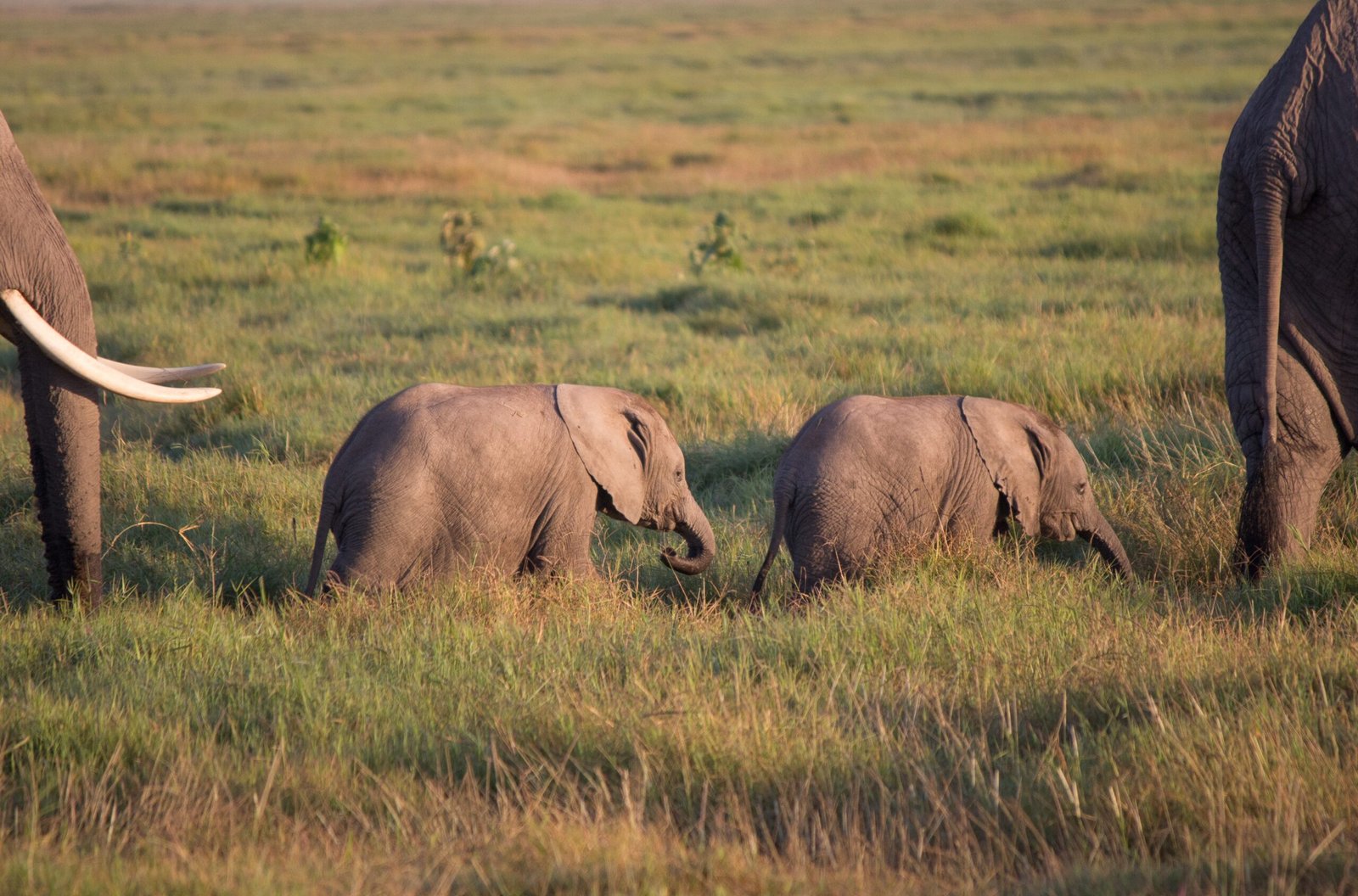
Younger elephants often display confusion and distress when confronted with death. Calves have been observed clinging to their mothers or aunts, seeking comfort and refusing to leave the side of a fallen relative. Sometimes, orphaned calves will stand by the body of their mother for hours, unable to accept her absence. These reactions highlight how the experience of loss is not limited to adults—it affects elephants of all ages, shaping their social development and emotional lives. The support provided by older herd members during these times is crucial for the well-being of the young.
Returning to the Bones: Revisiting Places of Loss
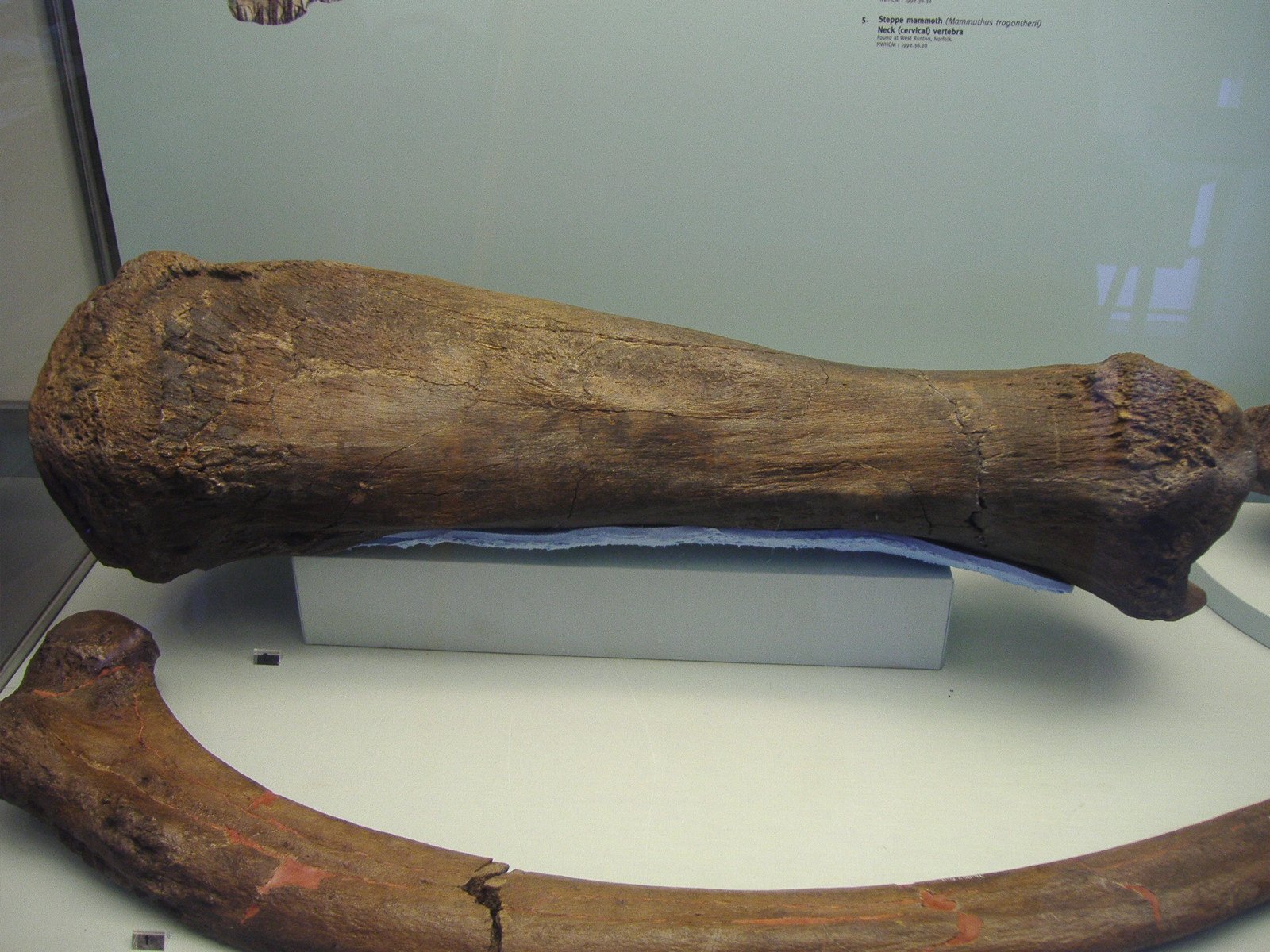
Years after a death, elephants have been known to return to the bones of their relatives, often pausing in their travels to investigate, touch, and even carry away certain bones. This recurring behavior suggests that elephants not only remember their dead but may also revisit their loss in a way that resembles human acts of remembrance, like visiting a grave. Scientists have noted that elephants show particular interest in the skulls and tusks, as if recognizing the unique features of the individual who once lived. This powerful display of memory and emotion challenges our understanding of animal consciousness.
Communication in Grief: Sorrow Shared Across the Herd
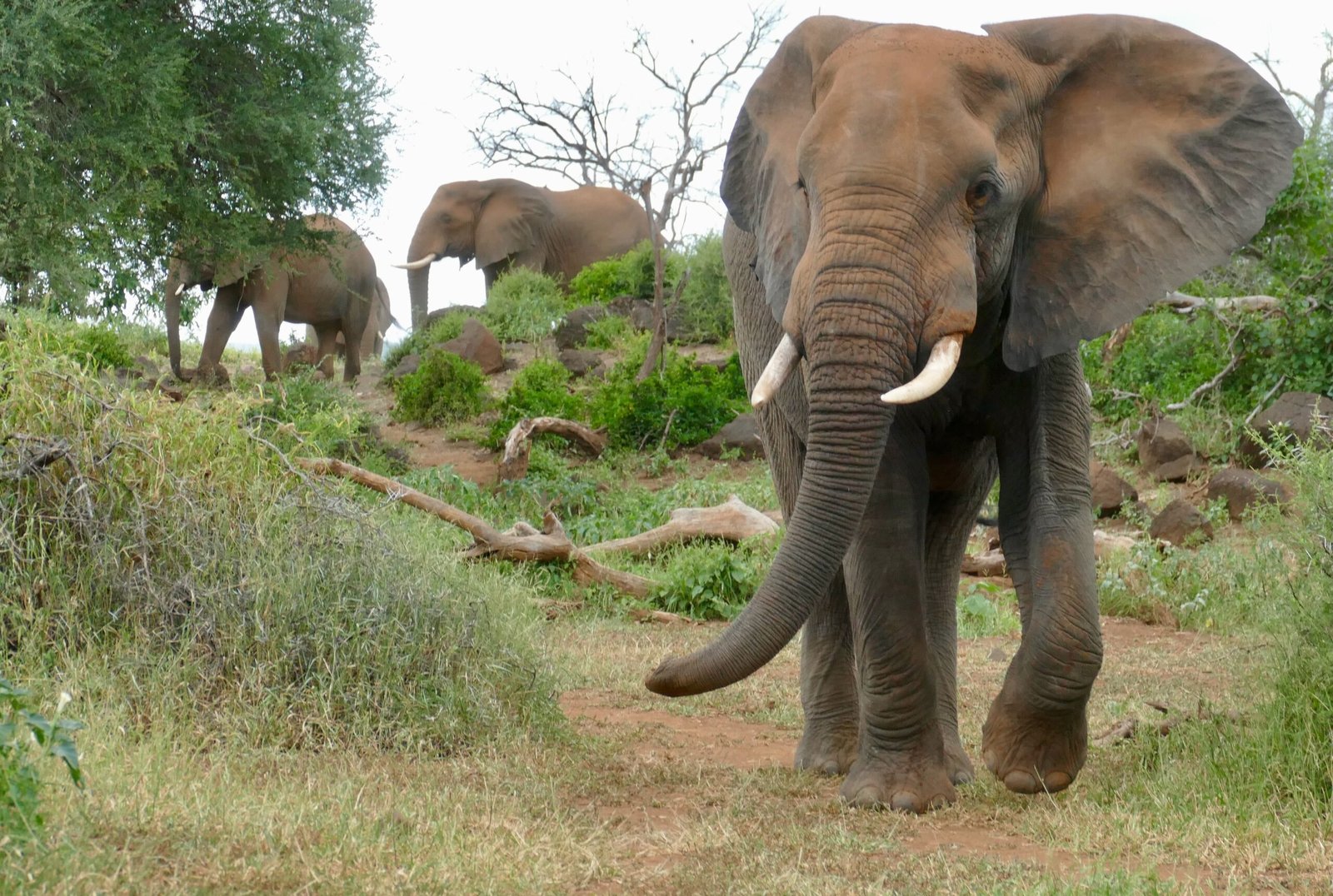
Elephants communicate their emotions through a variety of vocalizations and physical gestures. After the death of a herd member, elephants have been heard making low, mournful rumbles that differ from their usual calls. These sounds seem to carry a sense of sorrow, and other elephants frequently respond by gathering closer, touching, and comforting one another. The way elephants console each other—by entwining trunks or leaning against one another—demonstrates a capacity for empathy and emotional support that is rare in the animal kingdom. It’s as if grief becomes a shared experience, uniting the herd in their loss.
Scientific Insights: What Elephant Mourning Reveals About Animal Emotion
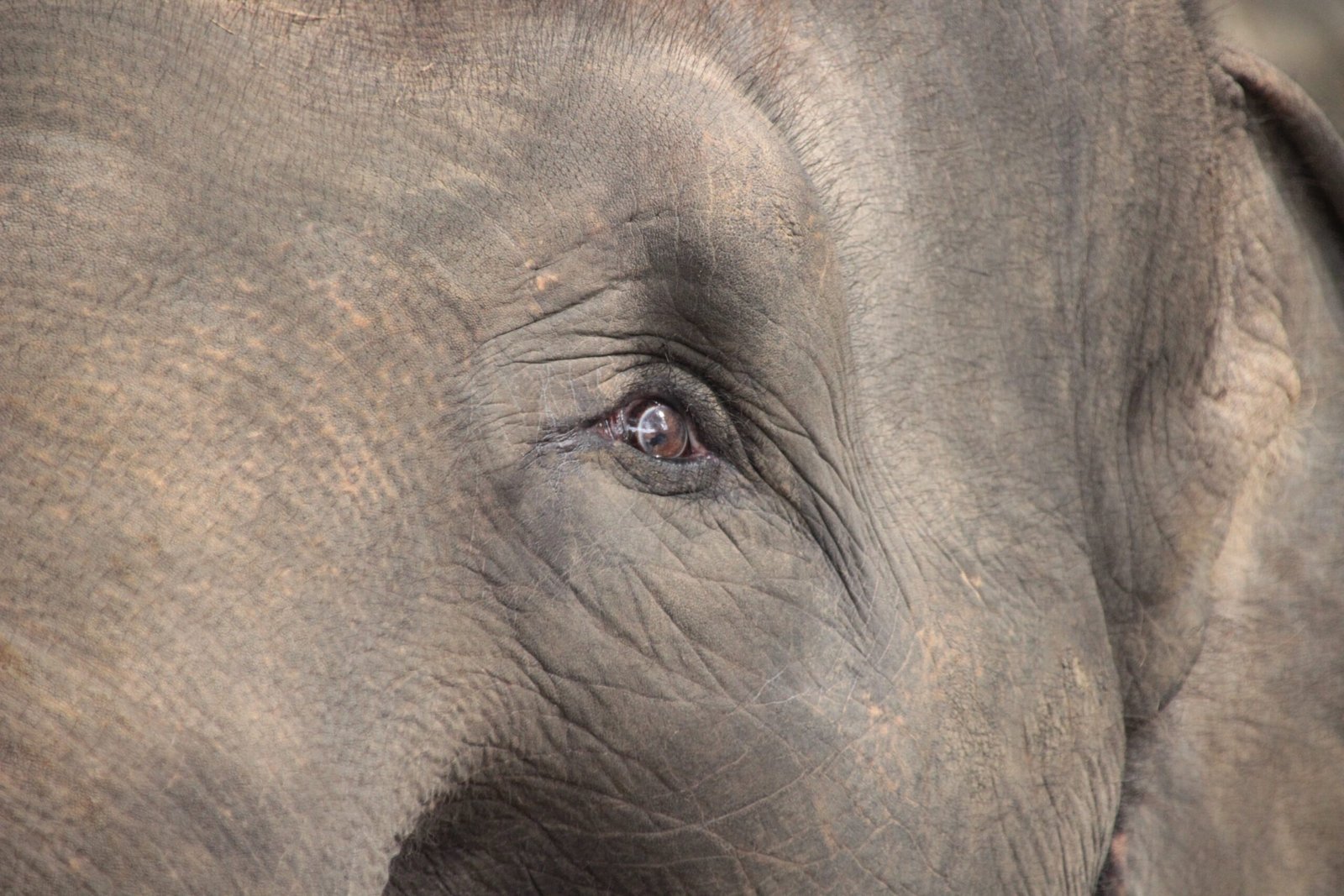
The study of elephant mourning has revolutionized the way scientists think about animal emotion. For decades, emotions were considered the exclusive domain of humans, with animals seen as driven mainly by instinct. Observations of elephants, however, have challenged this view, providing compelling evidence that many species experience complex feelings like grief, empathy, and even love. Neuroscientific research has found that elephants possess a highly developed limbic system—the part of the brain responsible for processing emotions—which may explain their rich emotional lives. This has led many researchers to call for a new understanding of animal consciousness.
The Ethical Implications: Rethinking Our Relationship with Elephants
Understanding the emotional depth of elephants has profound ethical implications. If elephants experience grief and loss much as humans do, it calls into question practices like ivory poaching, culling, and captivity. The trauma inflicted by losing family members or being separated from the herd can have devastating long-term effects on an elephant’s mental health. Conservationists now argue that protecting elephant families and their habitats is not just a matter of preserving a species—it’s about respecting the emotional lives of these sentient beings. This recognition has begun to influence wildlife policies and inspire new forms of compassionate conservation.
Lessons for Humanity: What Elephants Teach Us About Emotion
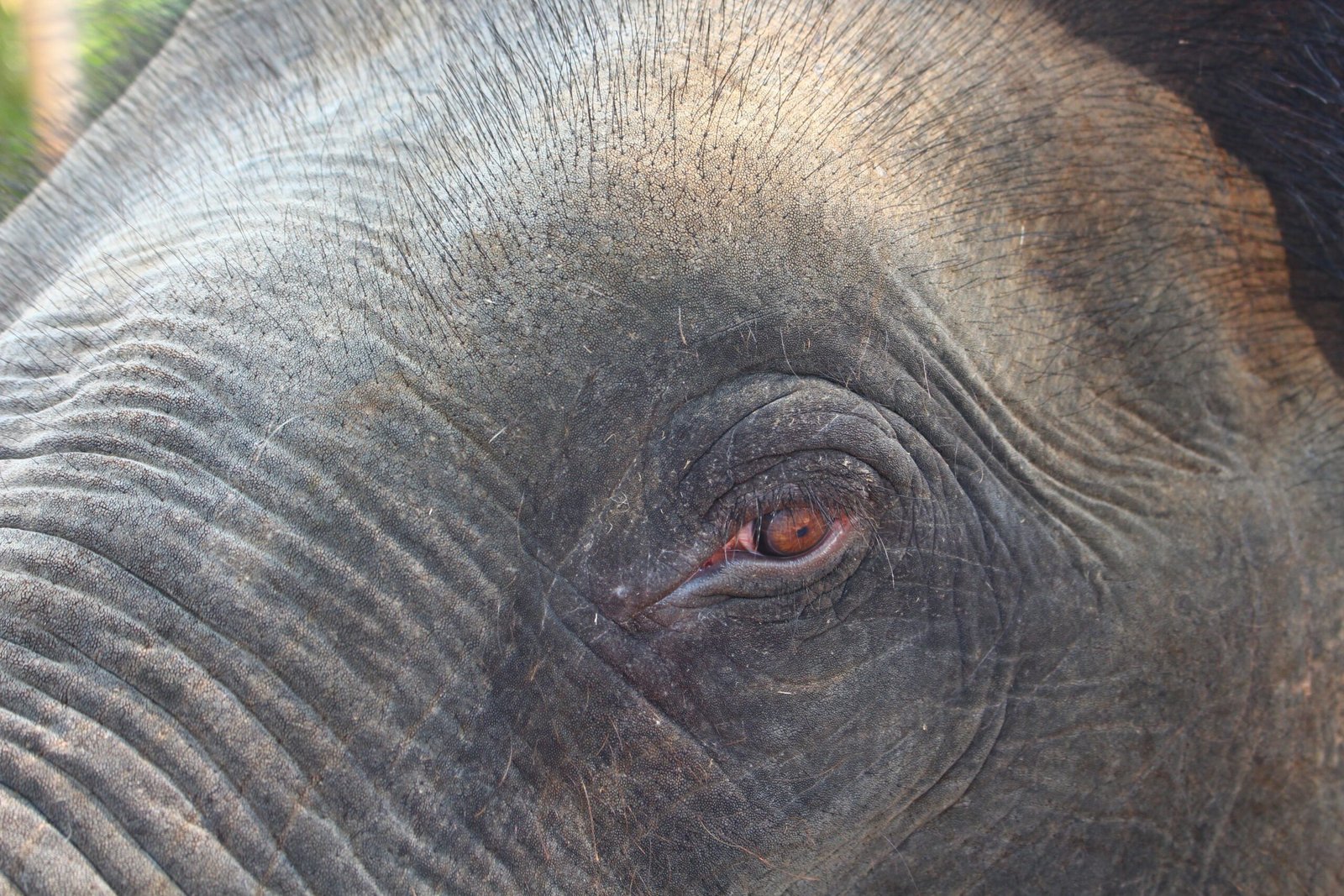
The way elephants mourn their dead holds a mirror up to our own humanity. Their acts of remembrance, empathy, and communal support reveal that the capacity for deep emotion is not unique to our species. Elephants remind us that love and loss are universal experiences, bridging the gap between humans and the natural world. Their example challenges us to reconsider our assumptions about animal minds and to approach other creatures with greater empathy and respect. The question remains: if elephants can feel so deeply, what other mysteries might exist in the hearts of animals we share this planet with?



